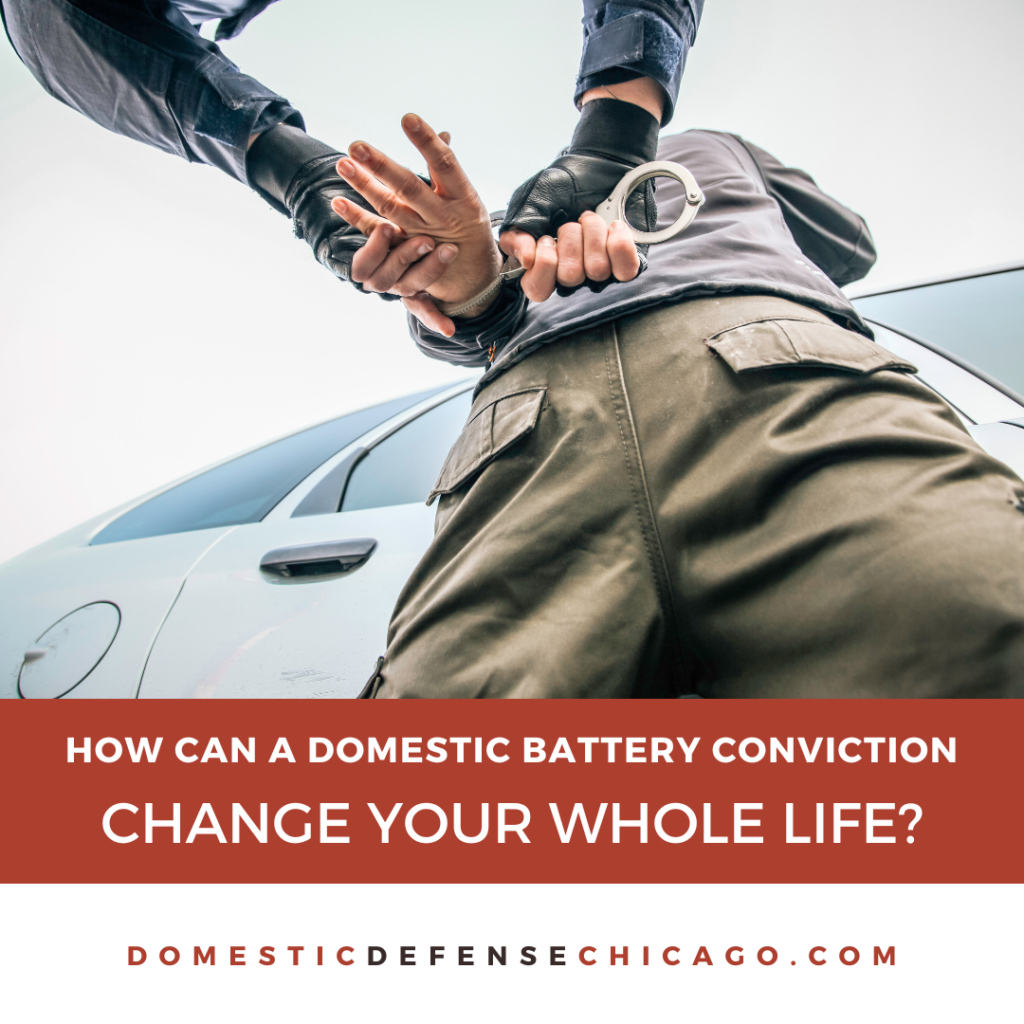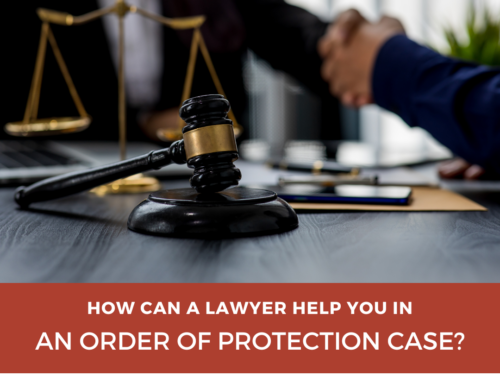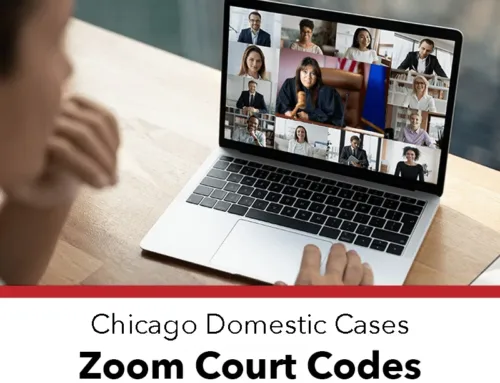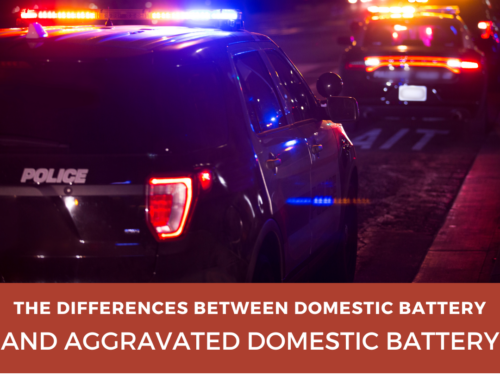Navigating the aftermath of a domestic battery charge is a complex process that can reshape your future in profound ways. Understanding the potential changes and preparing for them is crucial. With the right legal guidance, you can take informed steps towards managing the situation. This guide aims to shed light on the realities of a domestic battery conviction and how it can alter various aspects of your life.
How Will a Domestic Battery Conviction Change Your Life?
In this guide, you’ll find insights into:
- Legal consequences of a domestic battery conviction
- Impact on employment and future job prospects
- Effects on child custody and visitation rights
- Long-term social and personal repercussions
- How a lawyer can help you navigate the legal system
Here’s a closer look at each.
Legal Consequences of a Domestic Battery Conviction
When you’re convicted of domestic battery in Illinois, the legal consequences are immediate and severe. Jail time is a real possibility, and the length of incarceration can vary depending on the severity of the offense and whether it’s a first-time or repeat offense. Fines can also be substantial, often running into thousands of dollars. Additionally, the court may require you to attend counseling sessions, which not only demand your time but also come with their own costs. These penalties are just the beginning. A conviction means you now have a criminal record, which can follow you indefinitely, complicating many areas of your life long after you’ve served your sentence and paid your fines.
Impact on Employment and Future Job Prospects
A domestic battery conviction can tarnish your reputation and significantly hinder your employment opportunities. Many employers are wary of hiring someone with a violent criminal record, which can close off entire industries to you. For instance, jobs in education, healthcare, and government often require a clean background check. Even if you’re not looking at these fields, the conviction can still raise red flags for potential employers in any industry. It’s not just about getting a job, either. If you’re currently employed, a conviction can lead to job loss, and the stain on your record may prevent you from advancing in your career.
Effects on Child Custody and Visitation Rights
For parents, the stakes are even higher. A domestic battery conviction can drastically affect your child custody and visitation rights. The court’s primary concern is the welfare of the child, and having a conviction for domestic violence can lead to a presumption that you’re not a suitable caregiver. This can result in reduced visitation rights or loss of custody. In some cases, you may only be able to see your children in supervised settings. The impact of this on your relationship with your children cannot be overstated—it can be both heartbreaking and challenging to navigate.
Long-Term Social and Personal Repercussions
The repercussions of a domestic battery conviction extend beyond the courtroom and into your personal life. There’s a stigma attached to domestic violence, and you may find yourself judged and ostracized by friends, family, and community members. Relationships can suffer or end, and the sense of isolation can be profound. This social fallout can affect your mental health and overall well-being, making it difficult to find support when you need it most.
How a Lawyer Can Help You Navigate the Legal System
In the face of these daunting challenges, a lawyer becomes an indispensable ally. An attorney with experience in domestic battery cases can provide crucial support from the moment you’re charged. They’ll help you understand the charges, the potential penalties, and the legal process ahead. With their knowledge of the law, they can develop a defense strategy tailored to your situation, aiming to minimize the impact of the charges on your life. They’ll advocate for you in court, negotiate on your behalf, and work to secure the best possible outcome. Whether it’s fighting for a not guilty verdict, seeking reduced charges, or arguing for alternative sentencing, a lawyer’s support can make a significant difference in the trajectory of your case and your life beyond it.
FAQ About Domestic Battery Convictions
Check out these commonly asked questions about domestic battery convictions. If you don’t see the answers here, please call our office and we’ll get you the information you need.
What Are the First Steps I Should Take After Being Charged?
After being charged with domestic battery, the immediate step is to contact a lawyer. A legal professional will help clarify the charges and the potential consequences you’re facing. They will begin to construct a defense strategy by gathering facts, interviewing witnesses, and examining the evidence. It’s crucial to act quickly because the early stages of a case can significantly influence the outcome. Your lawyer will also guide you through the legal process, ensuring you understand your rights and the next steps you should take.
How Can I Defend Myself Against a Domestic Battery Charge?
Defending against a domestic battery charge will vary based on the circumstances of your case. Common defenses include asserting that you acted in self-defense, that the accusations are false, or that there is insufficient evidence to support the charges. Your lawyer will scrutinize the details of the incident, looking for inconsistencies in the accuser’s story or evidence that may corroborate your version of events. They may also engage expert witnesses to testify on your behalf. The goal is to create reasonable doubt about the prosecution’s case to avoid a conviction.
Will a Domestic Battery Conviction Affect My Housing Situation?
A domestic battery conviction can indeed impact your housing options. Landlords have the right to conduct background checks and may choose not to rent to someone with a criminal record, particularly for a violent crime. This can make finding housing more difficult and limit your options to less desirable locations or higher costs. It’s important to be upfront with potential landlords and seek legal advice on how to address concerns they may have about your conviction.
Can a Domestic Battery Conviction Be Expunged From My Record?
While expunging a domestic battery conviction from your record is challenging, it’s not always impossible. The ability to expunge your record depends on various factors, including the nature of the conviction, your criminal history, and the amount of time that has passed since the conviction. Your lawyer can assess whether expungement is a viable option for you and can help navigate the complex process. If expungement isn’t possible, they may explore other forms of relief, such as sealing the record, which can also help mitigate the long-term effects of a conviction.
What Should I Do If There’s an Order of Protection Against Me?
If an order of protection is issued against you, it’s imperative to comply with it fully. Violating an order of protection can result in additional criminal charges. You should consult with your lawyer to understand the specific terms of the order. Your lawyer can provide advice on how to conduct yourself to avoid violations and can represent you in court if there’s a hearing related to the order. They can also discuss the implications of the order on your life and strategize on how to address it legally.
Do You Need to Talk to an Attorney About Domestic Battery Defense?
If you need to talk to a domestic battery defense attorney in Illinois, we’re here to help. Call us at 847-920-4540 now – we’ll be happy to give you a free consultation and talk to you about your options.







Leave A Comment
You must be logged in to post a comment.